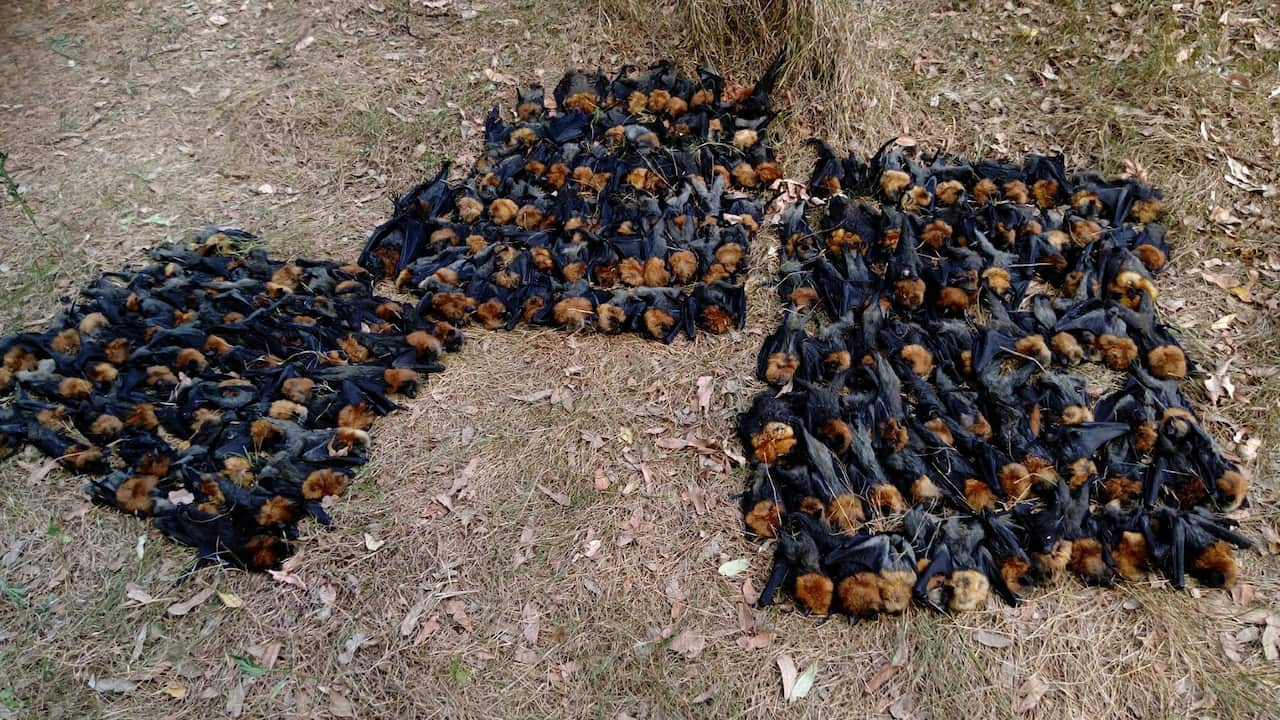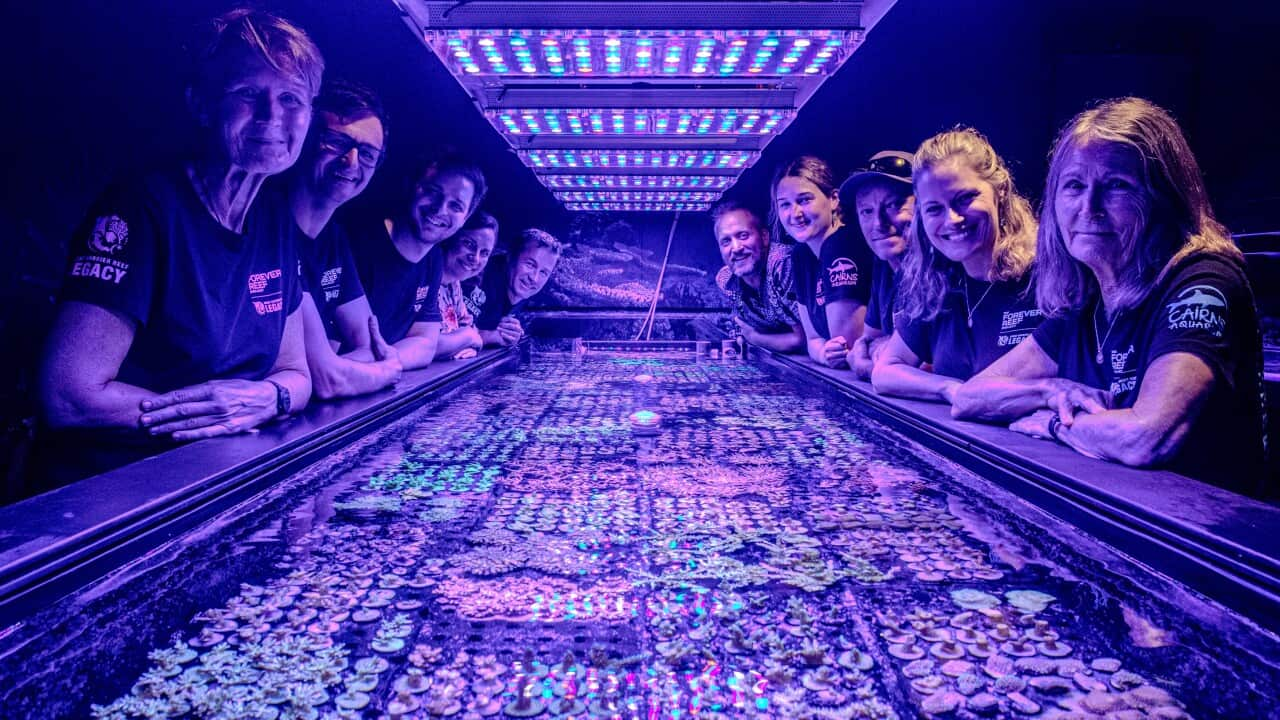Birgit Graefner is a member of the Wildlife Arc organisation and has cared for many wild animals herself. 7 years ago I spoke to her about the subject of how to save animals. But since then the situation of the fruit bats has become more and more threatening due to climate change, increasing drought, heat waves and the loss of their habitats. The drought of the century has already led to mass deaths through starvation among the Black Spectacled Flying Foxes in Queensland. In some cases, the females are said not to have accepted their young at all.
In addition, there are the loss rates on extremely hot days, of which we are seeing more and more, deforestation in many areas and the forest fires that destroyed all fodder trees in many places. Since the animals now have to travel longer distances to find food, they often do not return to their colonies during the day, are attacked by birds and cats in their shelter, and leave us with the impression that there are more and more of them. 56,000 died last year alone. In one day it was 10,000 and of the youngsters of the Grey-headed Flying Fox it is believed that only 20% survived last year.
In January 2018, hundreds of fruit bats fell from trees during a heat wave in Campbelltown. Catrina Sturmberg is working on setting up spray systems in their habitats as a temporary emergency solution to save the fruit bats. Because they can be used immediately. Many volunteers from the Animal Rescue Groups are involved in the action, who turn on the systems when it gets too hot for the animals. This method has already proven to be very successful and has resulted in fewer animals dying on extremely hot days. The administrations of various administrative districts are already involved, but many of them are not yet, and Birgit and Catrina hope that there will be more support soon, otherwise it looks bad for Australia's fruit bats.
Catrina Sturmberg is working on setting up spray systems in their habitats as a temporary emergency solution to save the fruit bats. Because they can be used immediately. Many volunteers from the Animal Rescue Groups are involved in the action, who turn on the systems when it gets too hot for the animals. This method has already proven to be very successful and has resulted in fewer animals dying on extremely hot days. The administrations of various administrative districts are already involved, but many of them are not yet, and Birgit and Catrina hope that there will be more support soon, otherwise it looks bad for Australia's fruit bats.

Im Januar 2018 fielen Hunderte von Flughunden während einer Hitzewelle in Campbelltown von den Bäumen. Source: AAP Image/Supplied/Help Save the Wildlife and Bushlands




